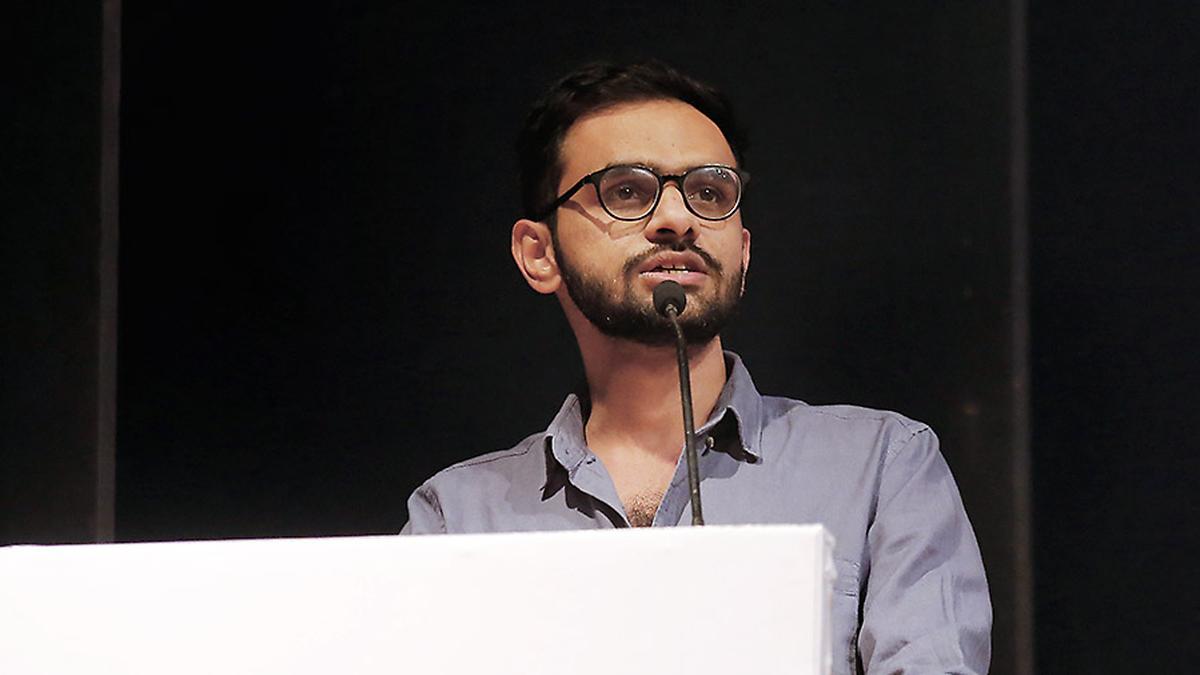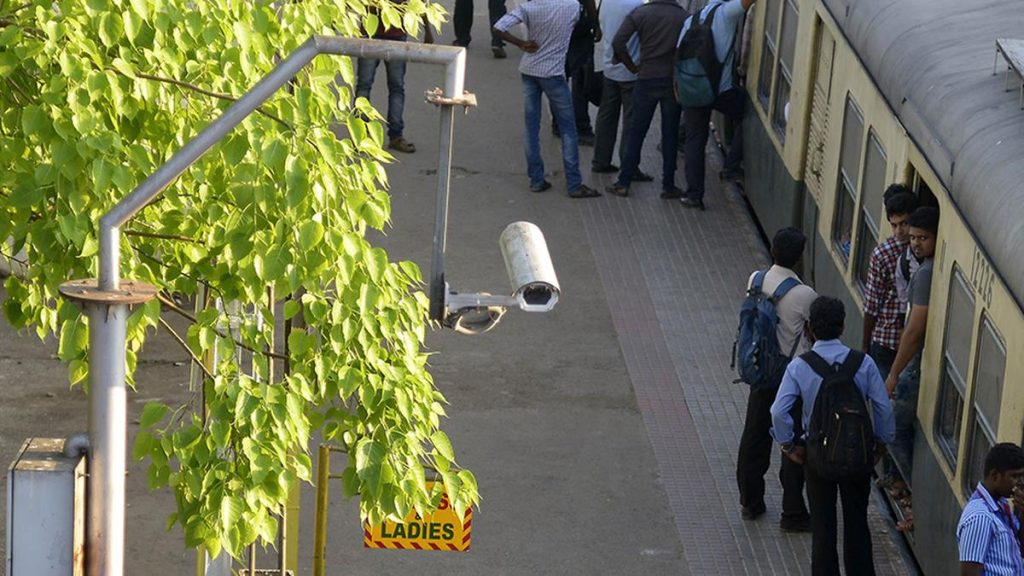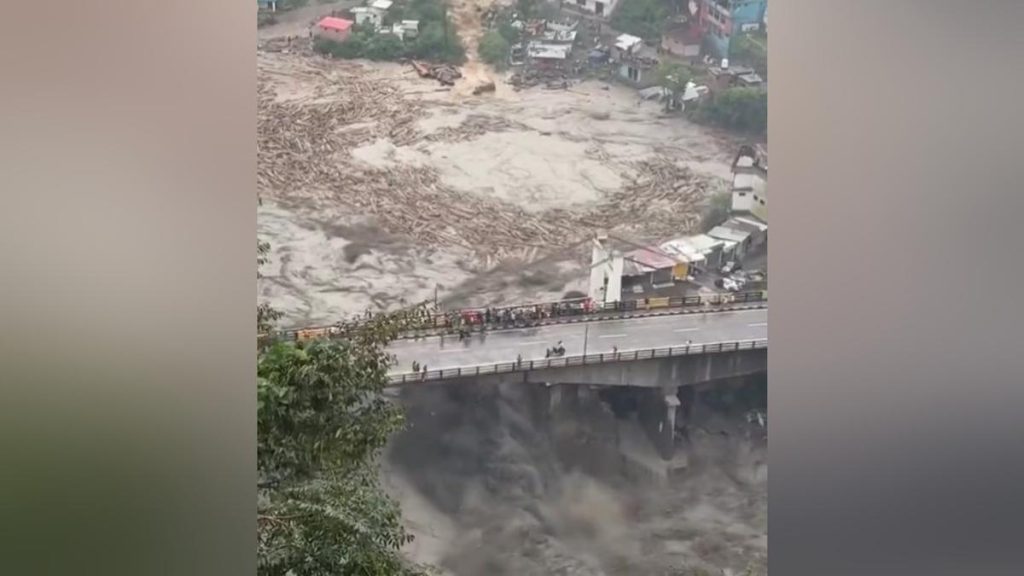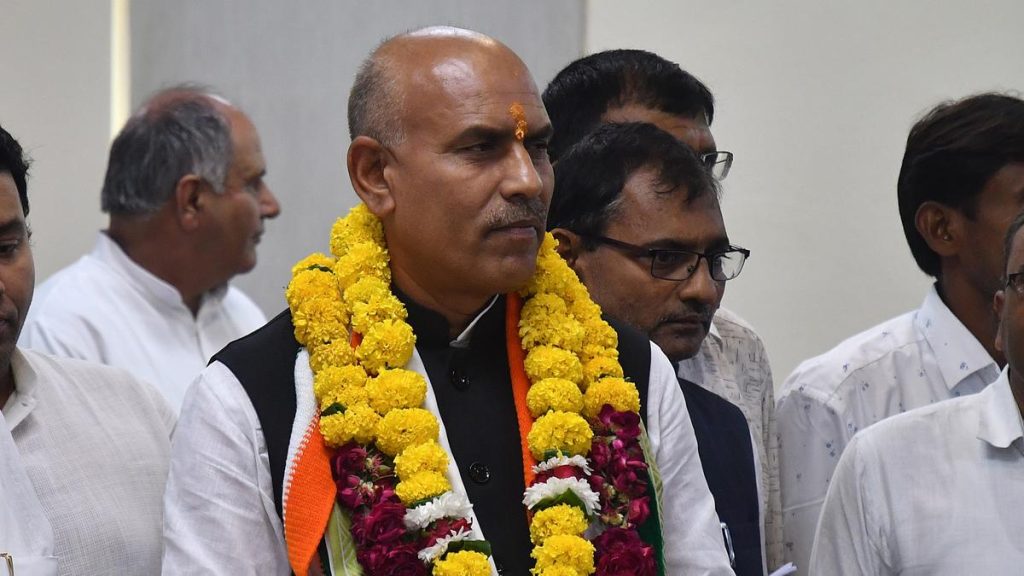Now Reading: Left Parties Condemn Khalid’s Bail Denial, Term It a Threat to Dissent
-
01
Left Parties Condemn Khalid’s Bail Denial, Term It a Threat to Dissent
Left Parties Condemn Khalid’s Bail Denial, Term It a Threat to Dissent

swift Summary
- Key Event: delhi High Court denied bail to Umar khalid, Sharjeel Imam, and eight others for alleged involvement in the 2020 Delhi riots.
- Charges: Accused were booked under the Unlawful Activities (Prevention) Act (UAPA) for alleged conspiracy during February 2020 communal riots in Delhi.
- Reaction from Left Parties:
- CPI(M) condemned the denial of bail, calling it a “travesty of justice” and asserting that “granting bail should be the rule.”
- CPI(ML) termed their incarceration as a “political conspiracy to silence dissent against communal violence.”
- Criticism of Inconsistency: CPI(M) highlighted contrasting actions-BJP leaders Kapil Mishra and Anurag Thakur were accused of incendiary speeches but have not faced similar legal consequences; whereas these activists remain jailed without resolution.
- Judicial Concerns: Both parties criticized the judiciary’s handling of UAPA cases, arguing over prolonged incarceration despite alleged lack of evidence.
Indian Opinion Analysis
The denial of bail raises prominent concerns surrounding civil liberties vis-à-vis national security laws like UAPA. Given this is reportedly the fifth instance where bail has been declined amidst allegations of limited credible evidence after nearly five years since the events, it challenges perceptions around judicial expediency and fairness. such prolonged proceedings can influence public trust in India’s legal framework.
Left-party critiques comparing differing judicial outcomes-such as actions against BJP leaders versus these activists-highlight deeper concerns about consistency within democratic institutions. Ensuring stringent legal scrutiny across all such cases holds importance not just for delivering justice but also reaffirming India’s democratic values amidst politically polarized times. Balancing individual rights with societal peace remains critical as India navigates complex questions around dissent and democracy.
For more details, read full article here.
























